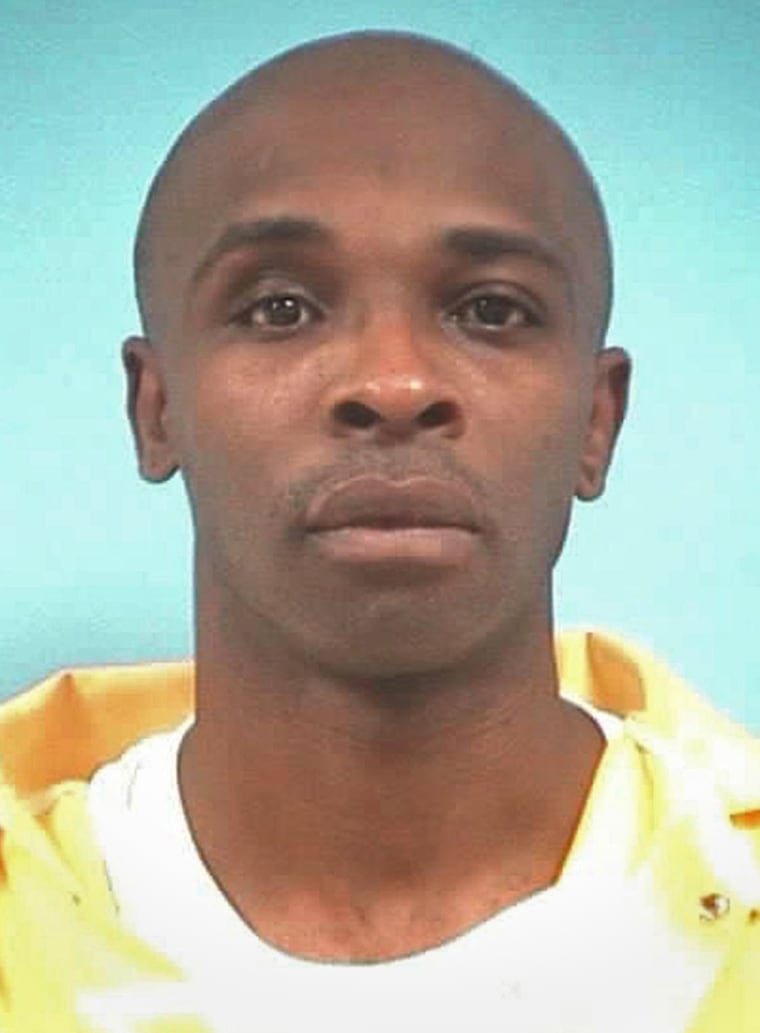The Southern Poverty Law Center is calling for a new hearing for a Mississippi man sentenced to 12 years in prison for possessing a cellphone in a county jail.
Willie Nash, 39, was being held at the Newton County Jail in 2018 on a misdemeanor charge when he asked a guard if it could be charged.
The phone was confiscated, and Nash, a married father of three, was slapped with a 12-year prison sentence for possessing a phone in a correctional facility.
The Mississippi Supreme Court affirmed Nash's conviction and sentence in a Jan. 9 opinion.
But the SPLC filed a motion Thursday asking the state Supreme Court to reconsider its prior ruling on a sentence that the legal advocacy group called "disproportionate" and a violation of the constitutional prohibition against "cruel and unusual" punishment.
The motion asks the court to either reverse Nash's conviction or vacate his sentence and "remand his case to the Newton County Circuit Court for resentencing."
"There is no evidence that he concealed the phone; rather, it is a virtual certainty that Nash was not searched in accordance with jail policy," the court filing says. "There is still time to right this injustice. Nash’s astonishing sentence is grossly disproportionate to the act for which he stands convicted. It is cruel and unusual."
"Sentencing him to 12 years for that behavior is not merely 'harsh' – it is perhaps unprecedented," the motion says.

In the court's Jan. 9 opinion, Justice James D. Maxwell II wrote that while Nash's sentence was harsh it fell within the statutory range for that offense. Under Mississippi law, inmates possessing a cellphone in a correctional facility is punishable by 3 to 15 years.
Justice Leslie D. King, however, wrote in the opinion that all inmates being booked into jail are strip-searched, "yet Nash went into the jail with a large smartphone that would have likely been impossible to hide during a strip search."
King said the case demonstrated "a failure of our criminal justice system on multiple levels" and because it was a victimless crime a more rehabilitative approach could have been taken.
The SPLC said its research shows that cellphone possession in jail warrants sentences of no more than five years in at least 36 states and is not punished at all in several states.